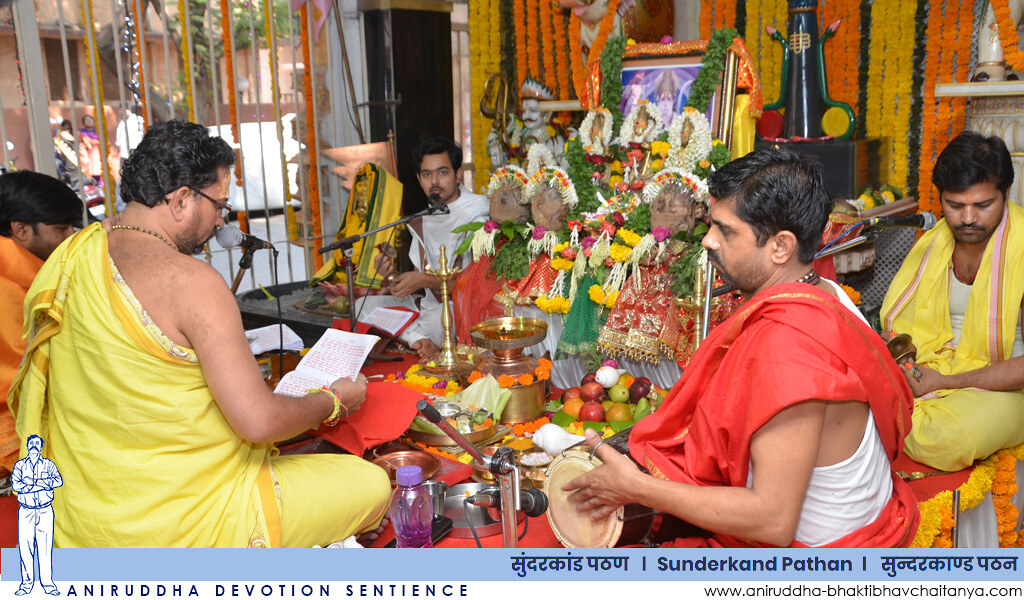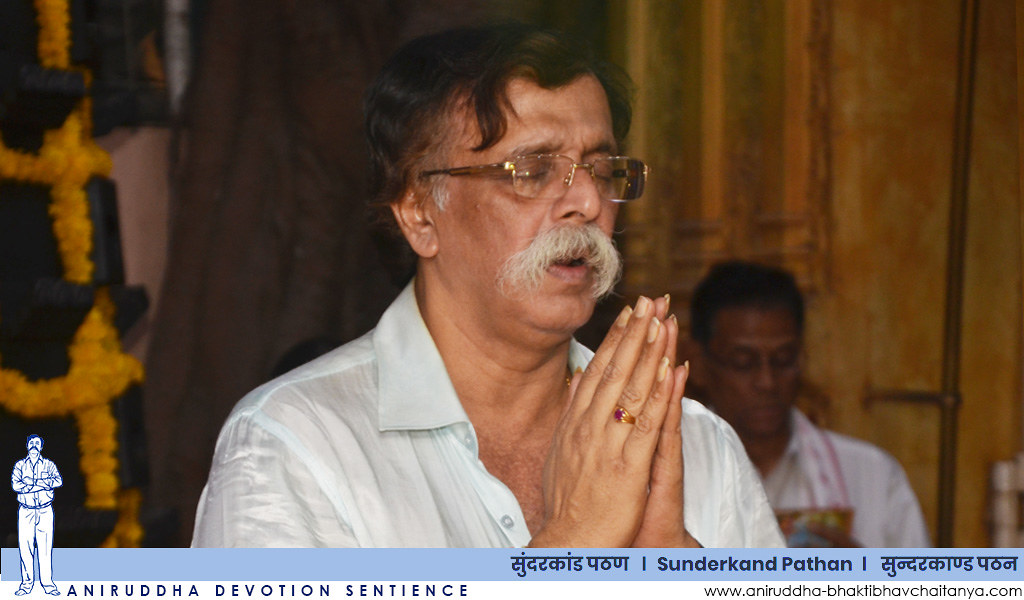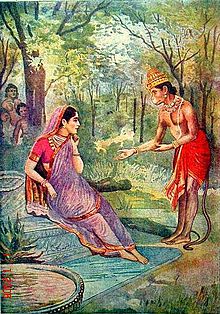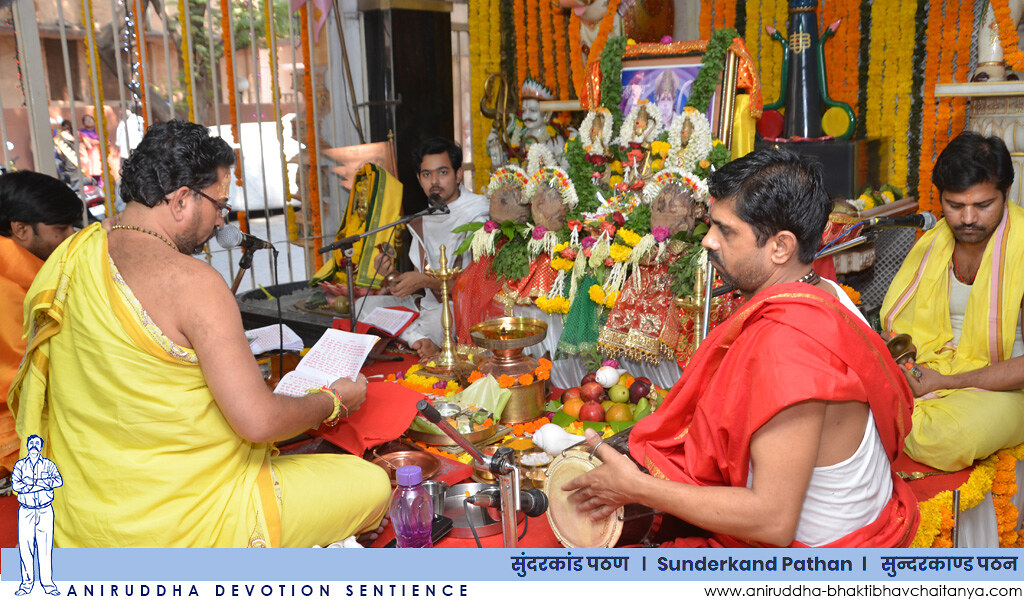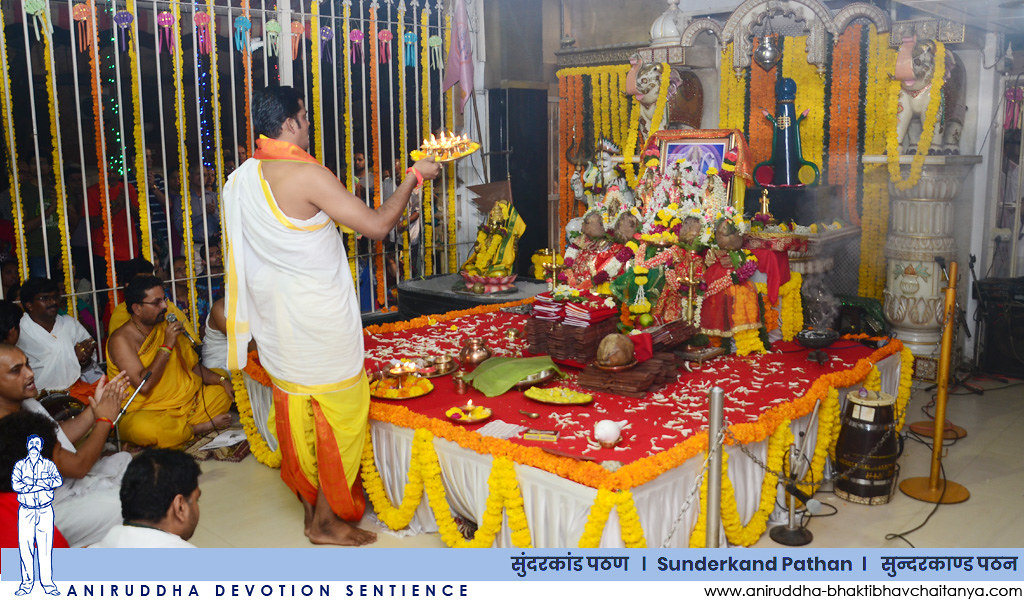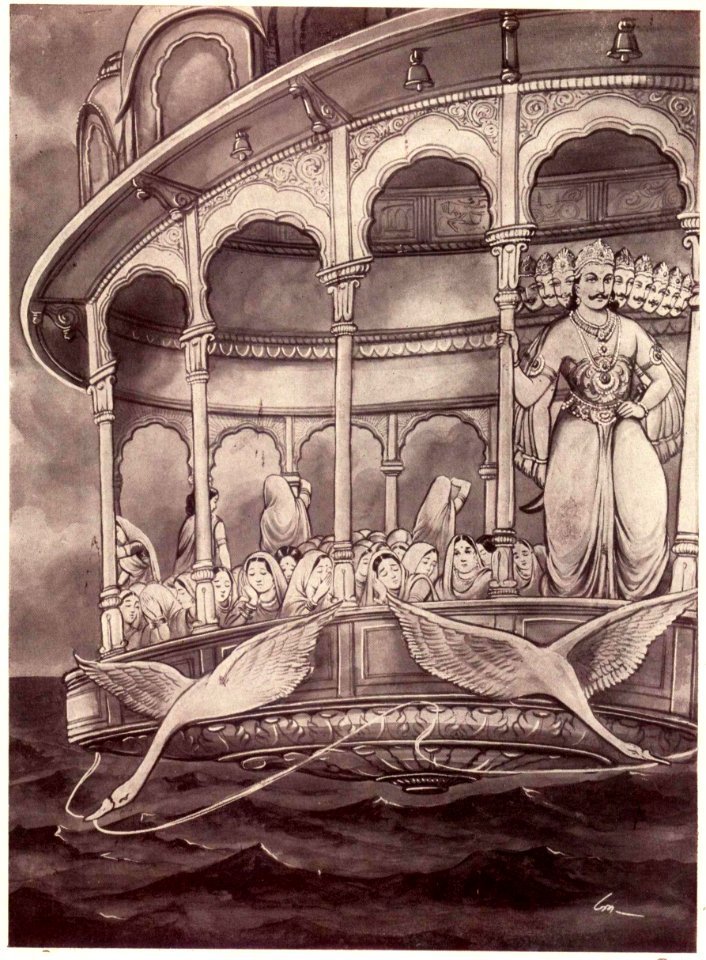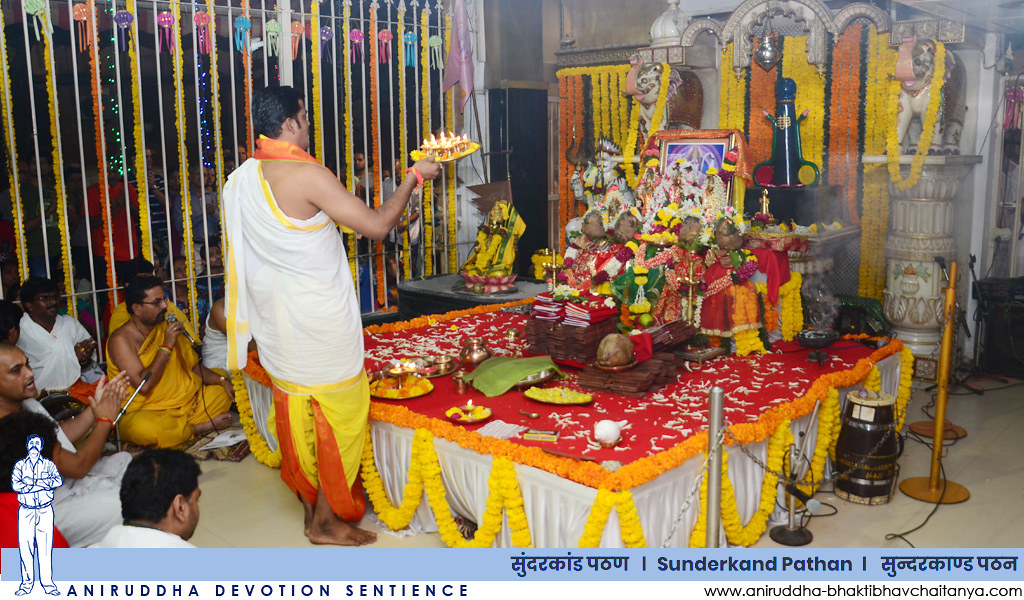Connecting with the Divine: Sunderkand and Spirituality
Overview Introduction to Sunderkand Sunderkand, a significant chapter in the Hindu epic Ramayana, holds immense spiritual significance for devotees. It is believed to be a powerful tool for connecting with the divine and experiencing deep spiritual awakening. Sunderkand narrates the heroic journey of Lord Hanuman as he embarks on a mission to find and deliver …

